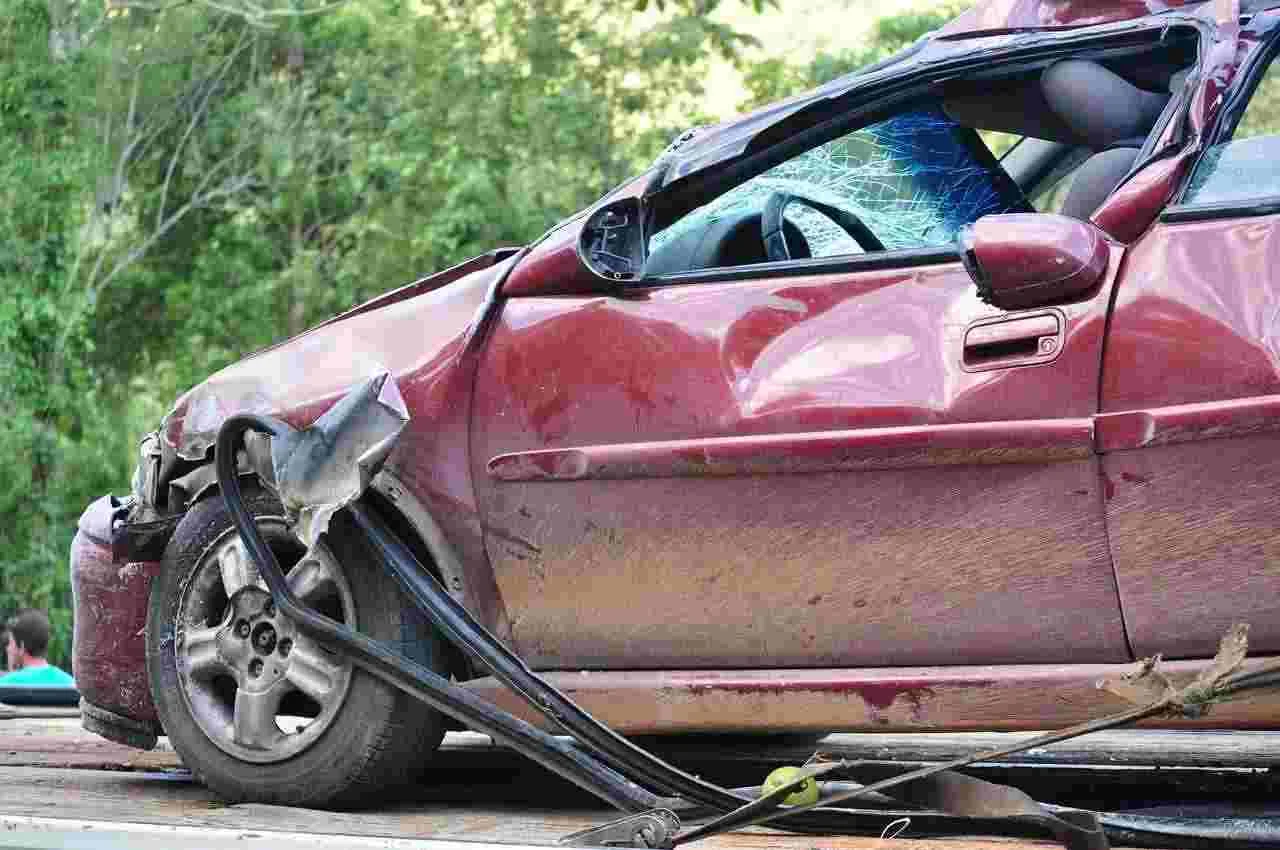The Importance of Documenting Evidence After a Floridian Car Crash

Florida’s picturesque roads, while enticing, aren’t immune to the unfortunate reality of car crashes. Amid the adrenaline and shock following an accident, it can be easy to overlook the critical step of documenting evidence. However, this evidence serves as a silent witness, one that can speak volumes in the aftermath. Understanding the significance of evidence documentation, especially in the Sunshine State, is imperative. This post seeks to underscore its importance and guide you through the best practices in the wake of an accident.
The Weight of Evidence in Car Crash Aftermath
- Clarity on Events: Memories can be hazy, and recollections can differ. Proper documentation provides a clear snapshot of the event, ensuring facts remain consistent and unaltered.
- Legal and Insurance Proceedings: Solid evidence can expedite insurance claims, making it easier to prove damages or determine fault. Additionally, should the accident escalate to legal action, evidence becomes paramount in upholding one’s rights and claims.
- Accountability and Fair Compensation: Accurate evidence ensures all parties are held accountable for their actions. It aids in determining the party at fault and ensures victims receive the rightful compensation they deserve.
Best Practices for Documenting Evidence
- Photographs are Gold: Use your smartphone or camera to capture multiple angles of the accident scene. Document vehicle damages, license plates, road conditions, traffic signals, and any visible injuries.
- Gather Witness Details: If bystanders witnessed the crash, their accounts can be invaluable. Collect names, contact details, and brief statements, if possible.
- Jot Down Immediate Thoughts: While the events are fresh in your memory, write down or voice-record your account of the incident. Capture details like the direction you were headed, the approximate speed, weather conditions, and any abrupt actions you recall.
- Secure Official Reports: Always report the accident to the police. Obtain a copy of the police report, which will contain crucial details about the crash, contributing factors, and initial determinations of fault.
- Medical Documentation: If you sustain injuries, seek medical attention promptly — not only for your well-being but to establish a record linking your injuries to the accident.
- Maintain a Post-Accident Journal: This may sound unconventional, but keeping a daily log of your physical and emotional state after the crash can illustrate the long-term impact of the accident on your life.
Conclusion
While no one takes to the road anticipating a collision, being prepared for the unforeseen can make a significant difference. Understanding the importance of evidence documentation ensures you’re equipped to handle the aftermath of an accident with clarity and foresight.
If ever faced with navigating the complexities of insurance claims or potential legal battles post-accident, consulting with a seasoned attorney can be beneficial. Their expertise, combined with well-documented evidence, can pave the path to justice, ensuring rights are protected and victims are appropriately represented. Safe travels to all on Florida’s roads!